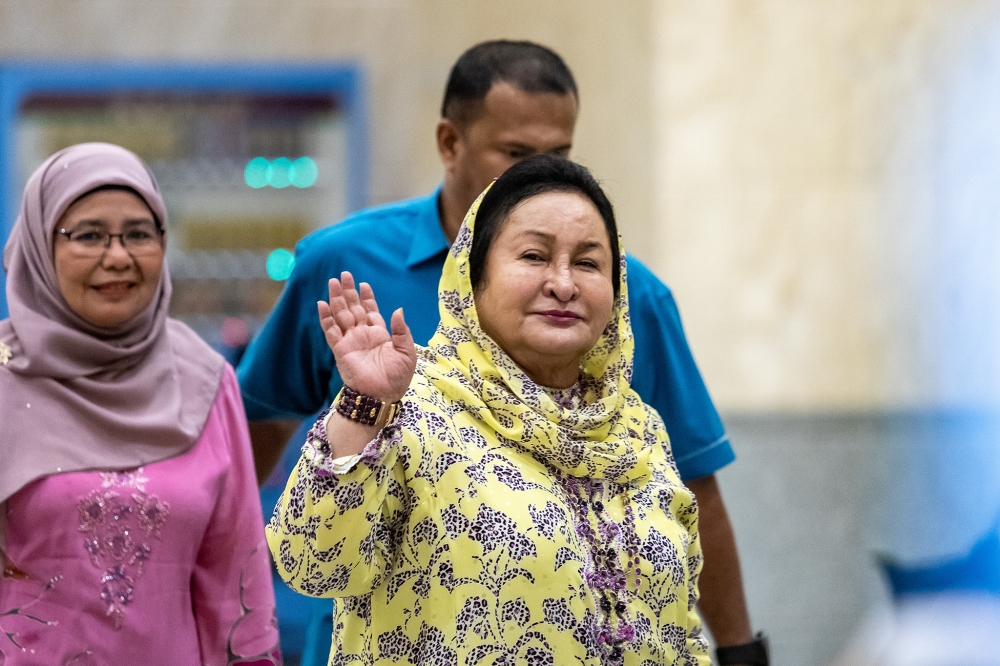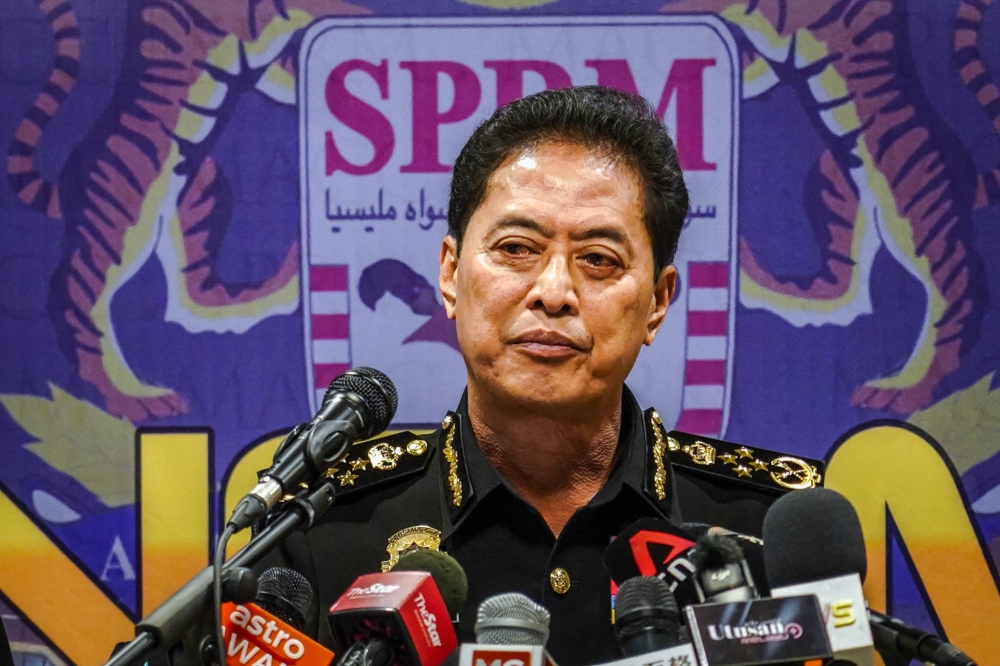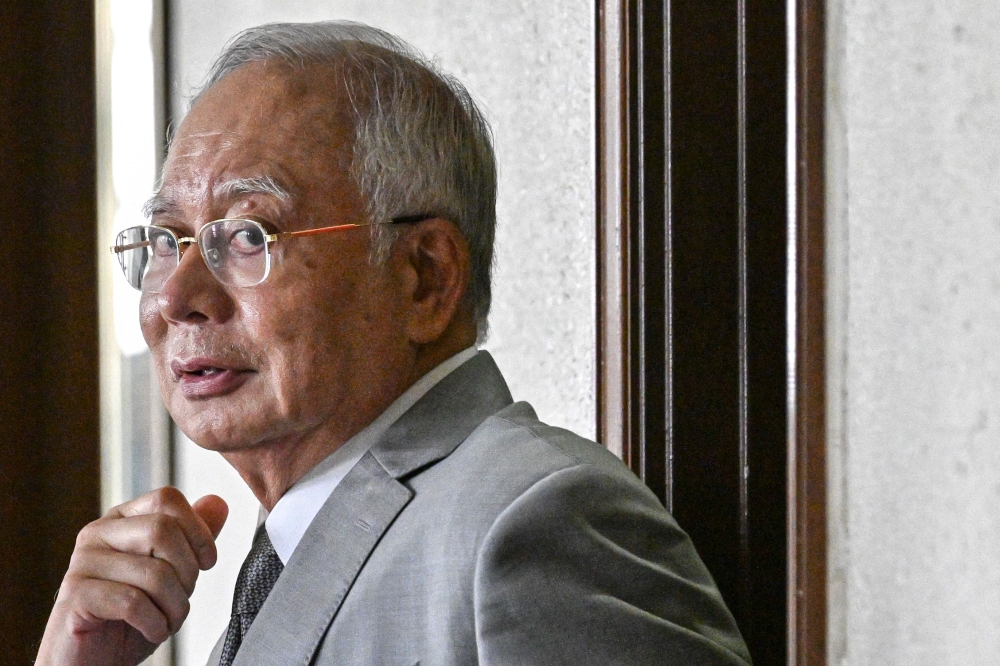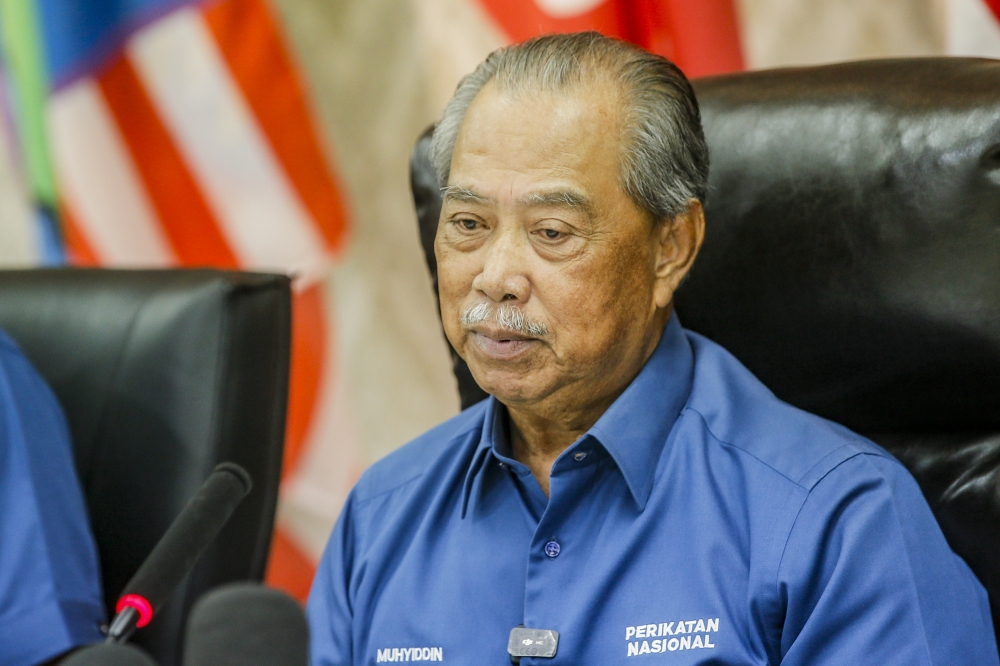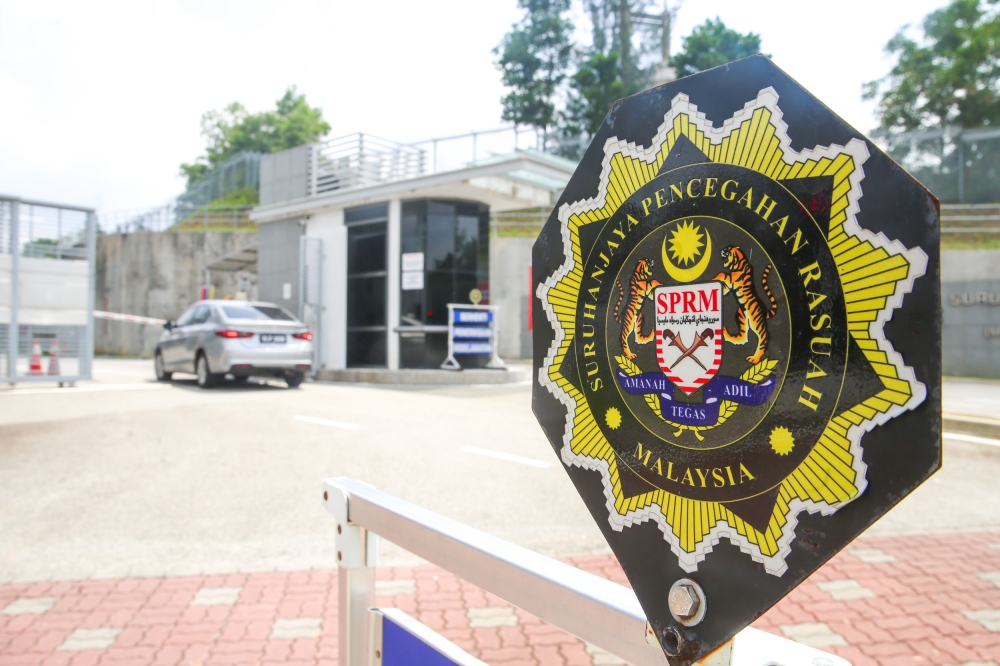KUALA LUMPUR, May 30 ― Malaysia is strategically positioned to capitalise on the artificial intelligence (AI) boom and emerge as the premier data centre hub in Asean, said Digital Minister Gobind Singh Deo.
In a statement today, Gobind said the AI boom has initiated a global race for computing, accelerating demand for land, energy, and water resources to power next-generation AI data centres.
He said Malaysia can capitalise on this trend with its abundance of resources and safe geographical location for investors seeking diversification.
Additionally, he said Malaysia has demonstrated the right policy mix over the years, coupled with strong execution, to emerge as a global leader in the digital infrastructure space.
As such, in terms of connectivity, Malaysia boasts an award-winning 5G network helmed by Digital Nasional Bhd (DNB), an agency under the Ministry of Digital.
“Malaysia’s 5G coverage has reached over 80 per cent of populated areas and recorded 11.9 million 5G service subscriptions, representing an adoption rate of 35.4 per cent, in just under three years since its formation,” he said.
Gobind said this at the Leaders TalkX: Digital Advancing Sustainable Development: A Trusted
Connected World in conjunction with the World Summit on the Information Society (WSIS)+ 20 Forum High-Level Event in Geneva, Switzerland on May 28.
On the regulation area, the minister said Malaysia is actively involved in shaping the digital economy cooperation at the Asean level on the highly anticipated Digital Economy Framework Agreement (DEFA).
DEFA is forecast to unlock up to US$2 trillion (US$1=RM4.70) in value for the Asean digital economy by 2030 through harmonised trade rules, interoperability standards and enhanced collaboration with member nations.
Apart from the new Cyber Security Bill 2024 tabled last March, Gobind said the Department of Personal Data Protection is in the final stages of drafting a bill to amend the Personal Data Protection Act 2010 [Act 709].
Concurrently, a national data-sharing bill is being drafted by the National Digital Department (JDN), another agency under the Digital Ministry, he noted.
“Collectively, these efforts are integral components of the ministry's overarching goals to foster a holistic regulatory environment that meets the needs of citizens, businesses, and investors in the digital sphere,” he added.
To fully realise the potential of the digital economy, he said the Digital Ministry believes that investments in digital infrastructure and a robust regulatory framework must be matched by a strong supply of digitally savvy, future-proof talent.
The Ministry of Digital has acknowledged the fine balance required to leverage emerging technologies while mitigating potential risks.
“Through a targeted policy and regulatory approach centred on digital infrastructure, regulation, and talent development, the ministry is committed to laying a strong foundation to propel Malaysia as a digital leader in Asean and beyond,” he concluded. ― Bernama

